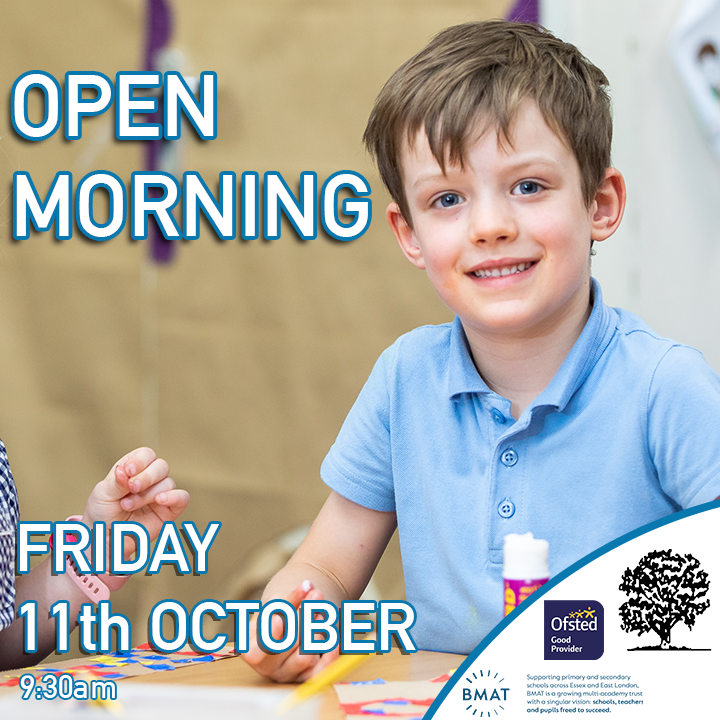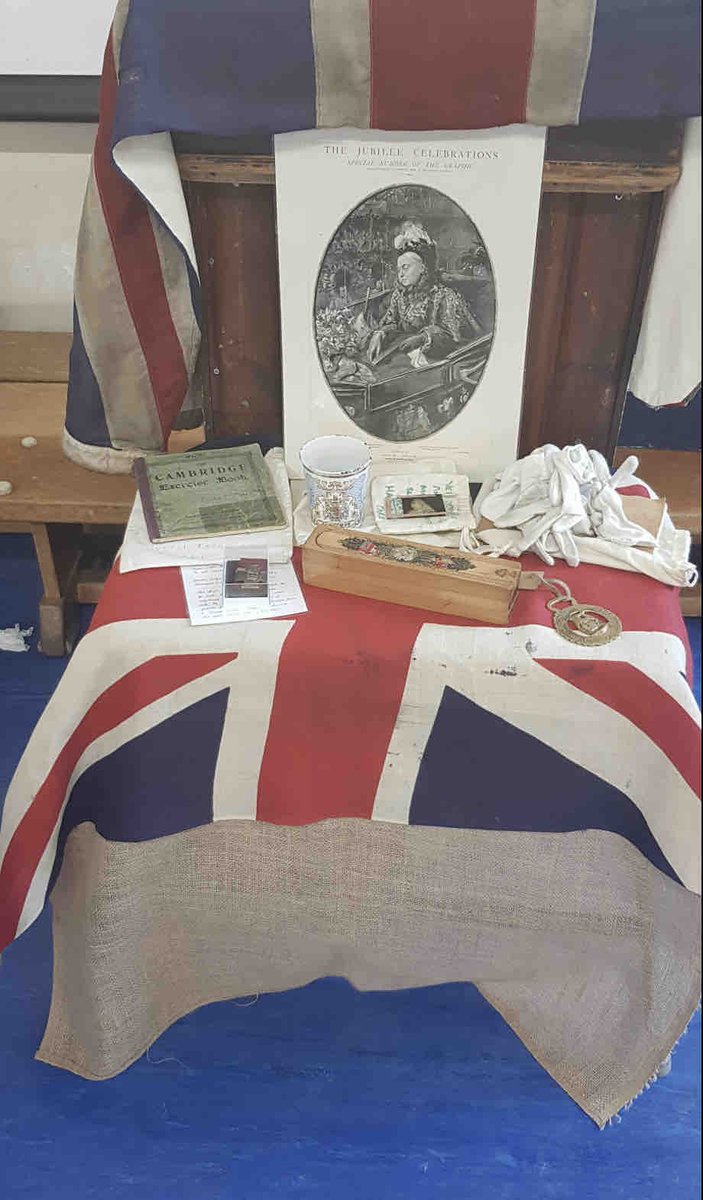English
English is taught using our set texts for each year group. These texts have been selected specifically for our curriculum. The criteria for choosing the set texts are; cultural capital, challenge, vocabulary, variation and conceptual richness. We also consider how these texts build upon knowledge and concepts year after year. We review our reading spine regularly to ensure our pupils are exposed to a diverse range of authors, cultures and characters.
Our belief is that if children can be fluent readers they will find a love of reading and also be able to understand and comprehend the texts they are reading in a better way. We intend to support children to become fluent, confident readers in reading silently and aloud. Reading for pleasure is encouraged in all classrooms throughout each lesson of every day.
It is our belief that through explicit vocabulary teaching, pupils will be able to access many different types of text. This teaching is fundamental in pupils being able to understand what they are reading.
We aim to teach the pupils key comprehension skills which allow them to understand fully what they are reading and be able to pick texts apart.
THE WRITE STUFF
In KS2, extended writing is taught using the highly successful 'The Write Stuff' approach. This method allows pupils to improve their oracy and widen their vocabulary whilst deepening their understanding of writing choices. For more information about this approach, please click here
SPECIFIC AREAS OF LEARNING
Roydon's English curriculum focusses on the following areas of learning:
LANGUAGE DEVELOPMENT
We develop pupils’ spoken language, reading, writing and vocabulary as integral aspects of the teaching of every subject. English is both a subject in its own right and the medium for teaching; for pupils, understanding the language provides access to the whole curriculum. Fluency in the English language is an essential foundation for success in all subjects.
SPEAKING AND LISTENING
At Roydon, pupils are taught to speak clearly and convey ideas confidently. They learn to justify ideas with reasons; ask questions to check understanding; develop vocabulary and build knowledge; negotiate; evaluate and build on the ideas of others; and select the appropriate register for effective communication.
READING AND WRITING
Pupils are taught to read fluently, understand extended prose and are encouraged to read for pleasure. Classrooms are well stocked with fiction, non-fiction and poetry books; and we set ambitious expectations for reading at home. Pupils develop the stamina and skills to write at length, with accurate spelling and punctuation. They are taught the correct use of grammar. The writing they do includes narratives, explanations, descriptions, comparisons, summaries and evaluations: such writing supports them in rehearsing, understanding and consolidating what they have heard or read.

























